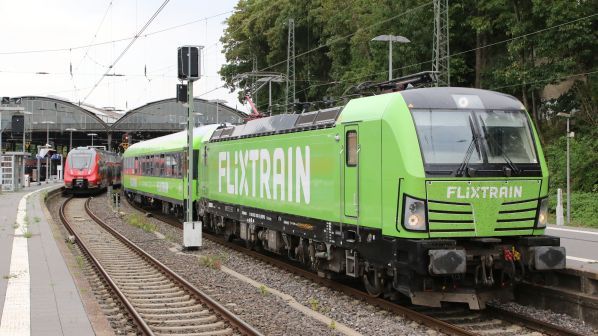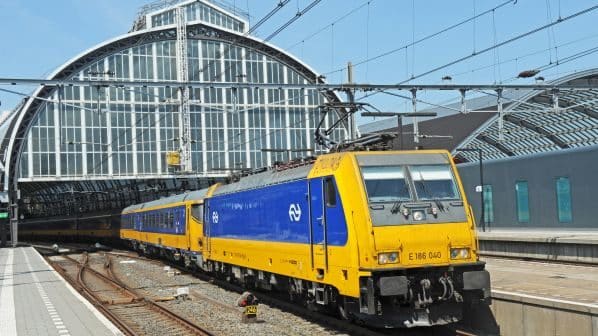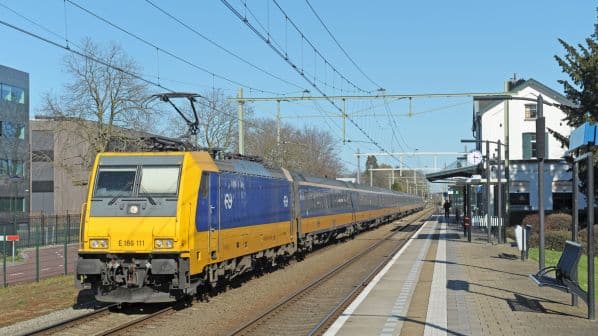OPEN-access passenger operator FlixTrain has submitted a request to the Dutch Authority for Consumers and Market (ACM) to launch a cross-border service from Germany to the Netherlands.
The service will run from Oberhausen, near Essen and Duisburg, via Utrecht Central, Amsterdam Central and The Hague to Rotterdam Central, using the border crossing on the Emmerich - Zevenaar - Arnhem line.
The ACM will perform an economical equilibrium check to see whether the service will affect the regulated Dutch market. The German operator plans to carry both cross-border and domestic passengers in the Netherlands and says that the initiative must be seen as a first step towards accessing and gaining experience in the Dutch market.
FlixTrain has also applied for track capacity from Dutch infrastructure manager ProRail. Operation in the Netherlands will be subcontracted to an operator with access to the Dutch network, similar to how FlixTrain has operated in Germany and Sweden.
The service is due to start in December 2024 with two services per day.
The final destination in Germany is still not clear, as FlixTrain is researching passenger demand and operational opportunities. As planning long-distance services in Germany does not take as long as in the Netherlands, FlixTrain has not yet applied for this section of the service.
The application comes as the Dutch government plans to directly award the new mainline concession to Netherlands Railways (NS) from December 2024, a move to which FlixTrain and other private operators are opposed.
“The Ministry of Infrastructure has given operators until July 1 2023 to submit applications for international open-access train services, otherwise they will all be included in the Dutch mainline concession,” says Flix Netherlands senior expert authorisations, public affairs and legal, Mr Arthur Kamminga.
“This is not only completely illegal, but also gives NS an enormous perverse incentive. After all, NS can easily run all international services as open-access, but it will not apply because if it does it will then receive the connections in the mainline concession as a gift and will therefore be protected from competition and will also receive a subsidy and priority in ProRail's capacity allocation.
“Apart from NS, no one else can run a Thalys, ICE or Eurostar in such a short period of time. So NS pretends it can’t run the trains under open-access terms, then obtains a de facto monopoly that prevents other operators from running similar services. In this way, the Dutch government also enforces that foreign state-owned operators such as German Rail (DB) and Belgian National Railways (SNCB) cannot run services to the Netherlands independently but must collaborate with NS. Even the all-station SNCB Antwerp - Roosendaal service is formally an NS train for the last few kilometres.
Kamminga says the extent to which FlixTrain and other operators will be able to offer new cross-border services up to 2034 therefore largely depends on the extent to which the Ministry of Infrastructure continues its plans to include international services in the concession after July 1.
“If that happens, there will be little room to introduce substantial new offerings in the next 10 years,” he says. “Protectionism and preferential treatment for national state-owned companies through private concessions effectively locks the market and throws us back to the time of nationalistic policies and national monopolies - where the disappearance of a decoy at the border is already seen as quite an achievement.”
FlixTrain is a member of AllRail and the association’s representative with the Netherlands Federation of Transport Companies (FMN), which is challenging the Dutch state and NS in court over the main line concession.



